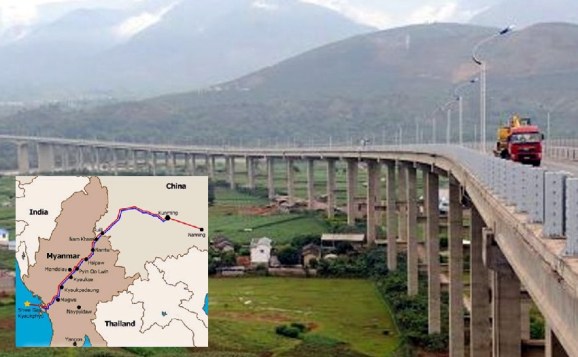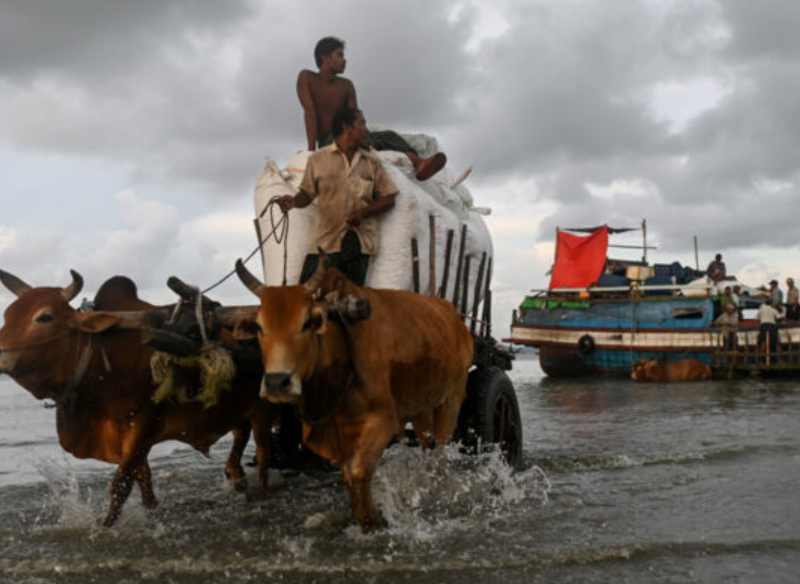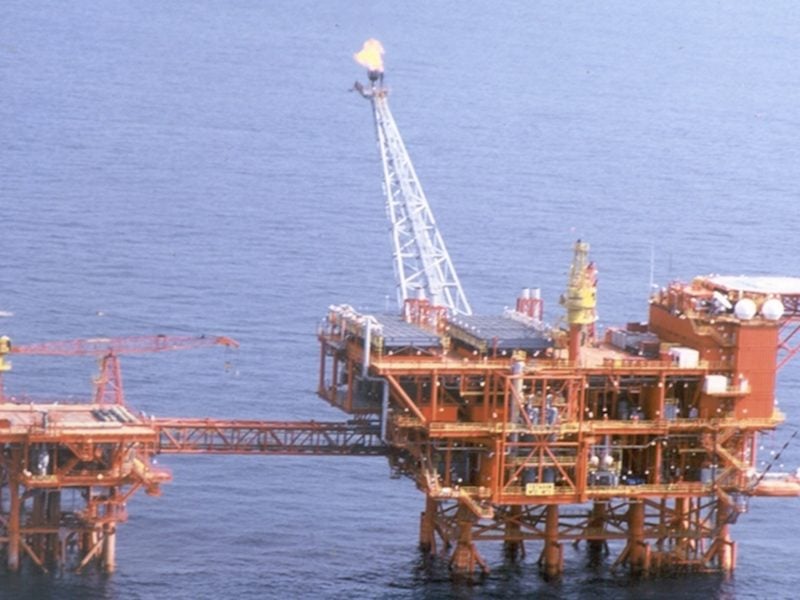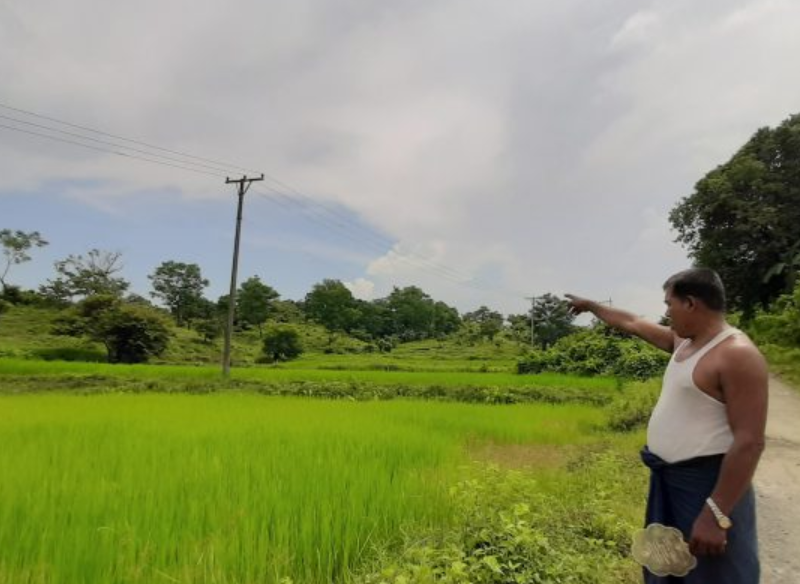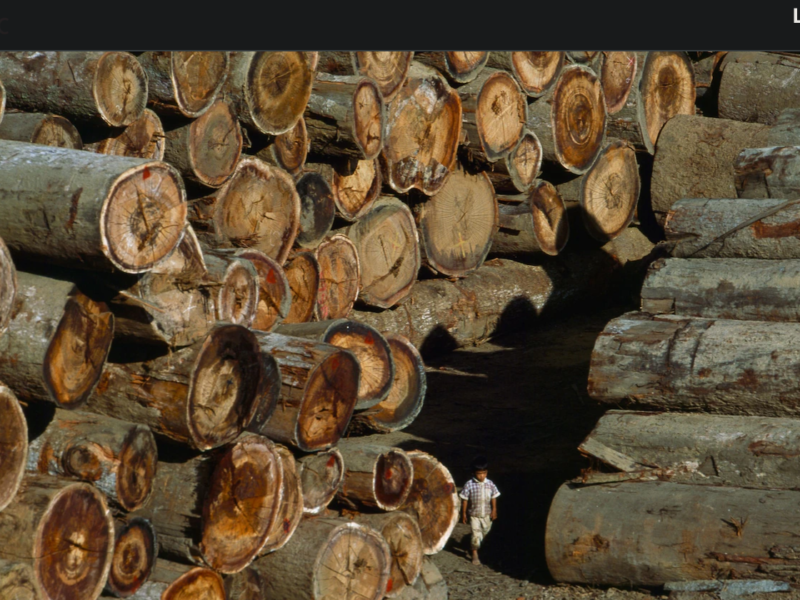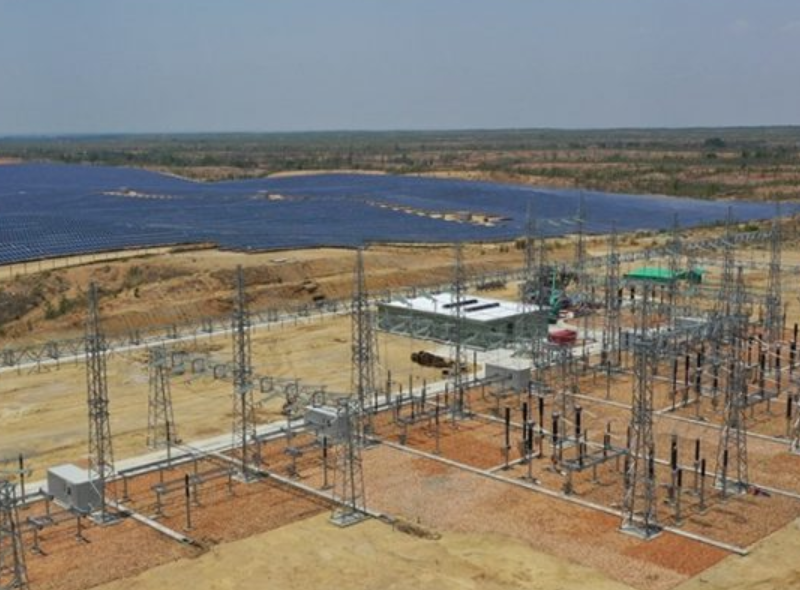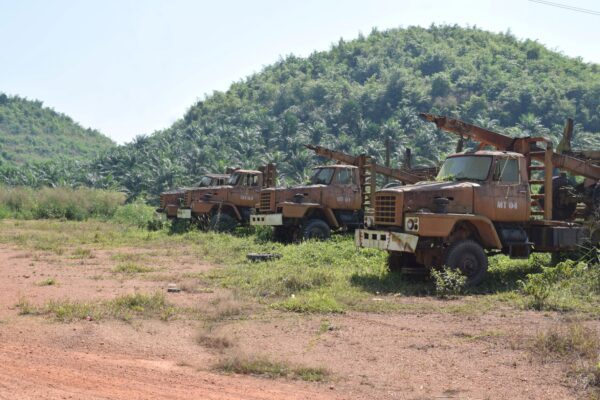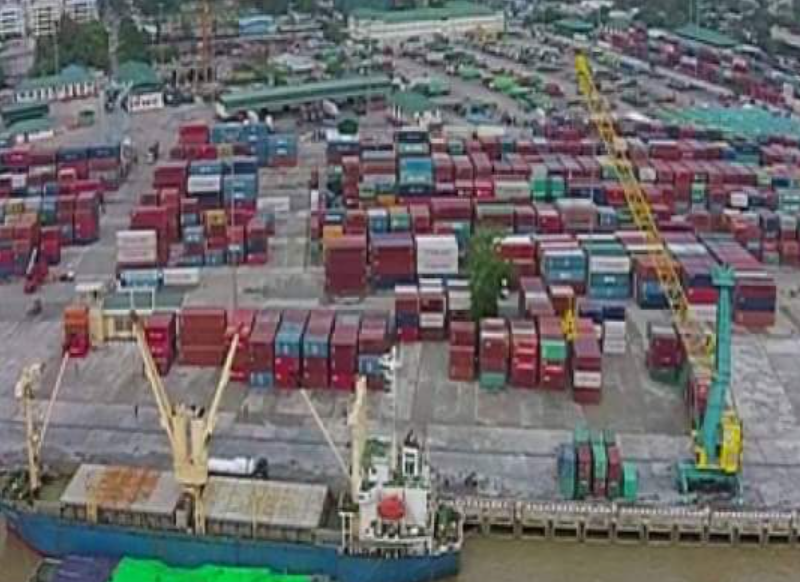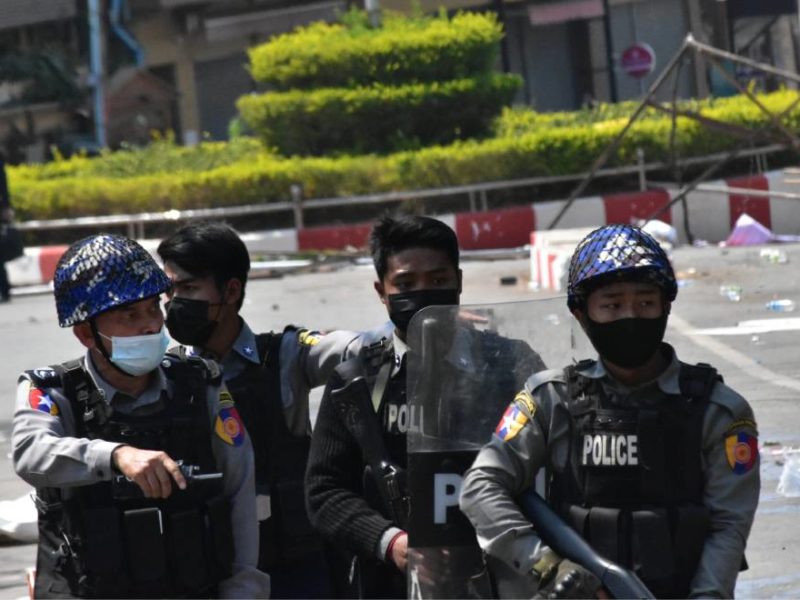The junta has reorganised the working committees of several developmental projects that are crucial under the China-Myanmar Economic Corridor.
Category: Myanmar
China-backed Myanmar infrastructure project leaves farmers landless
Local farmers say that they are still working their land in the project area and have not sold or transferred it to anyone. Yet, the names of the three unknown men registered as the owners of the 60 acres of land can be seen on the confiscation statement.
NUG hits out at Japanese government for funding junta via lucrative gas project
There is a “high possibility” that revenues from a Japan-backed offshore gas project in Myanmar are being used by the military dictatorship to buy weapons, a minister of the National Unity Government (NUG) has said.
Myanmar jade traders squeezed between junta and rebels
Myanmar is the world’s biggest source of jade, with the industry largely driven by insatiable demand for the translucent gem from neighbouring China.
Myanmar seizes over 3,500 tons of illegal timbers in 10 months
As of Oct 31, the authorities confiscated over 1,061 tonnes of teak, over 548 tonnes of hardwood and over 1,909 tonnes of other types of timbers in the country’s regions, states and Naypyidaw Union Territory.
Sun not shining on Myanmar junta’s solar power projects
Just six companies, including Chinese firms and local companies with connections to the military regime, have made bids for the 12 solar power projects Myanmar’s junta put up for tender in May, although some 40 firms including Thai companies have expressed interest in the projects.
Dispossession, deforestation and deceit in Myanmar
Plans for palm oil self-sufficiency are a pretext for consolidation of military power.
Indian company drops plan to develop Myanmar military-owned port
On Wednesday India’s largest port operator said it was abandoning plans to build a container terminal in Myanmar’s commercial capital, Yangon. This past June, Norwegian pension fund KLP divested from the port company, saying the Indian company’s links with the Myanmar military breach the fund’s responsible investment policy.
Lights off in Myanmar
The energy sector has been a site of international investment in Myanmar, but, with foreign investors jittery and blackouts escalating, it is also a site of resistance against the military coup.


